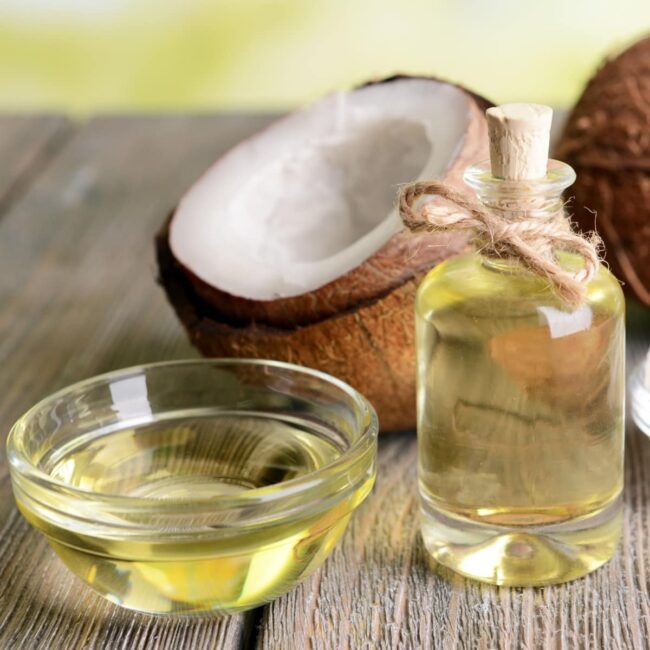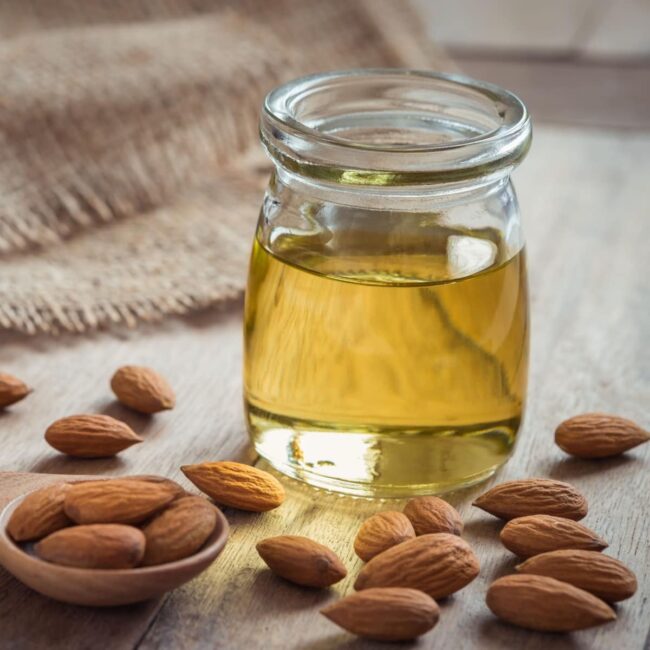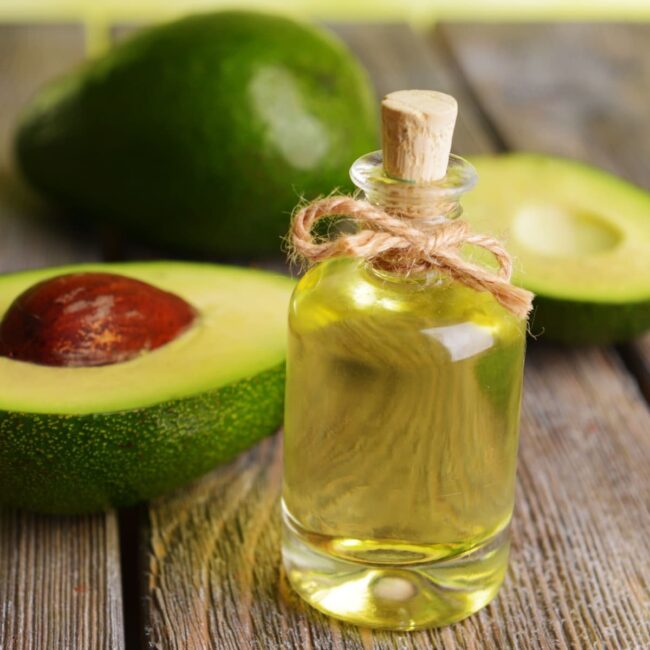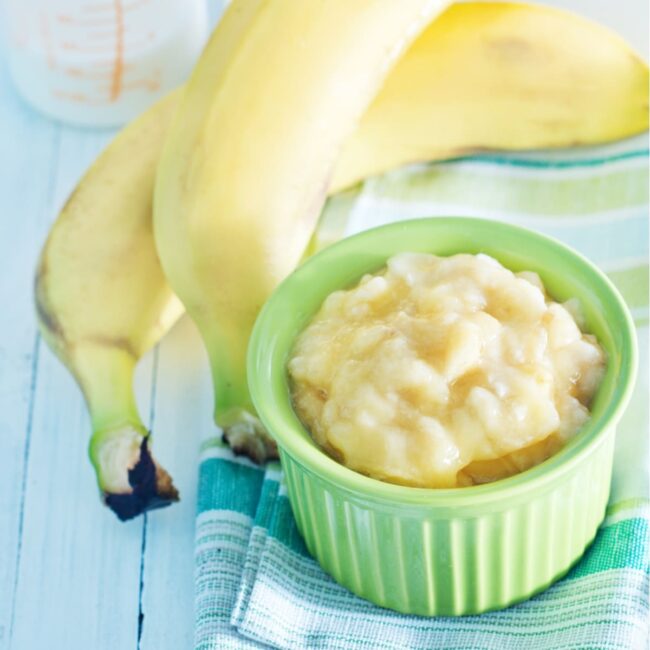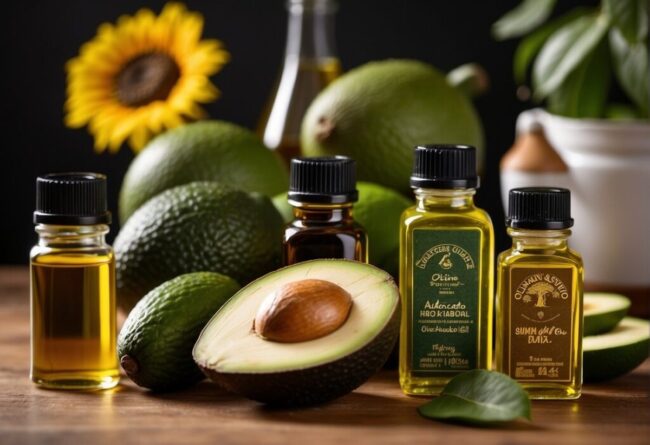8 Affordable Olive Oil Alternatives That Work
Olive oil substitutes come in handy when the pantry runs low or a different flavor is needed.
Some mimic its richness, while others offer lighter or more neutral profiles.
Depending on the dish, alternatives may bring extra depth or a subtle background note.
Whether for cooking, dressings, or baking, finding a suitable replacement makes all the difference.
Introduction to Olive Oil
Olive oil is a staple ingredient in cooking, offering rich flavor and healthy fats. It is widely used in frying, baking, and salad dressings.
Olive Oil Types Explained
Olive oil, derived from the fruit of the olive tree, serves as a staple in many kitchens around the world.
Extra virgin olive oil (EVOO) stands out for its rich flavor and aroma, achieved through cold pressing without any chemical additives.
Virgin olive oil follows closely behind but may have a slightly higher acidity level, offering a less intense taste.
Pure olive oil provides versatility with its mild flavor profile by blending refined and virgin oils together.
Refined olive oil undergoes processing that maintains its basic structure while delivering a neutral taste ideal for various culinary applications.
Olive Oil Health Benefits
Olive oil shines as a key player in promoting heart health, thanks to its richness in monounsaturated fatty acids like oleic acid.
This unique fat composition can help improve cholesterol levels, potentially lowering the risk of heart disease.
Antioxidants present in olive oil, including vitamin E and polyphenols, work tirelessly to shield your cells from oxidative stress and damage.
Additionally, oleocanthal offers anti-inflammatory benefits that might rival common medications like ibuprofen.
Incorporating this golden liquid into your diet not only enhances flavors but also supports overall well-being with its remarkable properties.
Olive Oil Cooking Uses
Olive oil holds a revered place in kitchens around the globe, celebrated for its rich taste and adaptability.
This liquid gold shines in various cooking methods, whether sautéing vegetables or grilling meats.
Using extra virgin olive oil at low to medium temperatures preserves its exquisite qualities while enhancing your meals.
It adds a flavorful finish when drizzled over fresh salads or warm pasta dishes, elevating them effortlessly.
In baking, this versatile ingredient replaces butter seamlessly, contributing both flavor and health benefits to your favorite recipes.
Different Oils and Their Uses
Substitute oils bring unique flavors and textures to cooking while offering different health benefits. Each option enhances dishes in its own way, from frying to baking.
Coconut Oil Benefits
Coconut oil introduces a sweet, tropical essence that enhances many dishes.
Its unique flavor pairs well with both savory and sweet recipes, adding depth without overpowering other ingredients.
Known for its high smoke point, this oil is ideal for frying and baking at higher temperatures.
The richness in saturated fats contributes to a creamy texture that elevates meals seamlessly.
Exploring coconut oil can lead to delightful culinary adventures in your kitchen.
Canola Cooking Oil
Canola oil serves as a reliable choice in the kitchen, thanks to its neutral taste that complements a wide range of recipes.
This oil is low in saturated fat, promoting heart health while enhancing your meals.
With a moderate smoke point, it remains stable during cooking without producing harmful compounds.
Rich in monounsaturated fats like oleic acid, canola oil supports overall wellness and provides essential nutrients.
Whether frying or baking, this versatile ingredient fits seamlessly into any culinary adventure you embark on.
Cooking Oil
Versatile and adaptable, this blend offers a canvas for culinary creativity.
Its neutral flavor ensures that other ingredients take center stage, enhancing the overall dish without overpowering it.
Sourced from an array of plants such as corn, soybean, and safflower, this oil is not only economical but also easily accessible in most markets.
With a high smoke point, it stands up well to various cooking techniques like frying or sautéing without breaking down.
This quality makes it an essential ingredient in kitchens around the world.
Nut Oil Types
Walnut oil delivers a robust taste that elevates any dish.
Its omega-3 fatty acids contribute to heart health, making it a nutritious addition to your pantry.
Almond oil offers a gentle nutty flavor and works well for sautéing or baking at moderate temperatures.
Hazelnut oil stands out with its sweet profile, perfect for drizzling over salads or incorporating into homemade dressings.
Each of these oils brings its own personality and benefits, enhancing your culinary creations in delightful ways.
Unique Cooking Oils
Avocado oil enhances dishes with its buttery taste while being rich in oleic acid.
Known for its impressive smoke point, this oil is perfect for sautéing or frying without burning.
Grapeseed oil provides a mild flavor that complements various cuisines, making it a versatile choice for high-heat cooking methods.
Its high polyunsaturated fat content contributes to healthier meal options.
Sesame oil stands out with a bold flavor profile and works best in low-heat applications, adding depth when drizzled over finished dishes or used as part of marinades.
Butter and Non-Oil Substitutes
Butter and other non-oil substitutes provide creamy richness and varied textures in recipes. They help recreate traditional flavors without relying on oils.
Fruit Purees and Broths
Mashed bananas add a delightful sweetness and moisture to baked goods.
In muffin recipes, their flavor blends beautifully, enhancing the overall taste.
Using them as a substitute for olive oil is simple; just match the amount you would typically use.
Vegetable stock offers another fantastic option in savory dishes, introducing rich flavors without extra fat.
When sautéing vegetables or meats, swapping olive oil for vegetable stock keeps meals lighter yet satisfying.
Using Butter in Recipes
Baking with butter can elevate your dishes, adding a rich flavor and delightful texture.
When swapping olive oil for butter in baked goods, using ¾ cup of butter for every cup of olive oil works well.
This adjustment ensures that the final product retains its moistness while enhancing taste.
Cooking with butter offers a different approach; equal parts substitution allows you to replace one cup of olive oil directly with one cup of butter.
Be mindful that while cooking, the lower smoke point may lead to quicker burning compared to olive oil's higher tolerance heat level.
Dairy-Free Options
Dairy-free baking opens up new options, especially with yogurt as a substitute for olive oil.
This tangy ingredient enhances moisture levels in cakes and quick breads, offering a unique flavor twist that can surprise your taste buds.
Using yogurt allows you to maintain texture while avoiding dairy entirely.
Water serves as another alternative when fat is needed for moisture without the added flavor of oils or butter.
Starting with half the amount of water lets you adjust easily based on your recipe's needs, ensuring delicious results every time.
Understanding Fats and Smoke Points
Understanding fat types and smoke points helps choose the best oil for cooking. Higher smoke points are ideal for frying, while lower ones suit dressings.
Understanding Smoke Points
Cooking oil smoke points play a crucial role in how we prepare food.
When oils reach their smoke point, they can develop an unpleasant flavor and release harmful compounds.
Selecting oils with high smoke points, such as refined avocado or grapeseed oil, allows for safer cooking at elevated temperatures.
Grapeseed oil shines with its impressive 400°F threshold, offering versatility in frying and sautéing without compromising quality.
Knowledge of these differences not only enhances your culinary skills but also supports healthier eating habits through mindful choices in the kitchen.
Cooking Without Olive Oil
Cooking without olive oil requires finding alternatives with similar richness and stability. Butter, avocado oil, and nut-based oils offer diverse options.
Alternatives to Sautéing and Frying
Sautéing and frying require oils that can withstand higher temperatures without losing their integrity.
Vegetable oil stands out with its neutral flavor, making it a go-to choice for various dishes.
Canola oil mirrors this versatility and is great for daily meals due to its high smoke point.
Grapeseed oil excels in stir-frying, adding a light touch without overpowering other flavors.
Peanut oil brings a hint of nuttiness while handling the heat exceptionally well during deep-frying tasks; it’s perfect when you want that extra layer of taste in your cooking.
Baking Ingredient Alternatives
Baking can be a delightful experience, especially when you explore different ingredient swaps.
Butter serves as a fantastic alternative to olive oil, infusing richness and moisture into your treats.
For those seeking healthier options, unsweetened applesauce works wonders by maintaining moisture without the added fat.
Coconut oil also shines in this role; its gentle sweetness enhances desserts beautifully when melted.
Choosing the right substitute ensures that each recipe turns out perfectly balanced and delicious every time you bake!
Alternatives to Dressings and Dips
Salad dressings and dips can take on exciting new flavors with the right oils.
Avocado oil introduces a smooth richness that enhances any mixture, perfect for creating something special.
Walnut oil brings a delightful nuttiness, making it an excellent match for hearty salads filled with greens and grains.
Ghee offers an indulgent twist; its creamy consistency elevates dips to gourmet status without overwhelming other ingredients.
Flaxseed oil provides beneficial omega-3s while lending a unique taste, ideal when used in cold dishes where its flavor shines through beautifully.
Health Considerations for Cooking Substitutes
Health considerations for cooking substitutes include fat content, stability, and processing methods. Choosing natural, unrefined options supports better nutrition.
Heart Health and Cholesterol Levels
Choosing a substitute for olive oil involves understanding the balance of fatty acids in each option.
Unsaturated fats, like those found in walnut oil, play a crucial role in supporting heart health and maintaining cholesterol levels.
This oil is particularly noteworthy for its high alpha-linolenic acid content, an omega-3 fatty acid that benefits cardiovascular well-being.
Peanut oil also presents itself as a viable alternative due to its monounsaturated fat profile which can influence cholesterol and blood pressure favorably.
Care should be taken with peanut oil's calorie density; moderation is key to enjoying its benefits without overindulging.
Managing Your Weight
Understanding calorie content is essential when selecting substitutes for olive oil.
Some alternatives, such as mashed bananas, provide a tasty option without piling on extra calories.
These fruits not only cut down on caloric intake but also add fiber to your dishes, supporting weight management effectively.
Flavor and nutrition can coexist beautifully in your meals with the right choices.
Thoughtful ingredient selection leads to satisfying dishes that align with health goals while keeping taste at the forefront.

